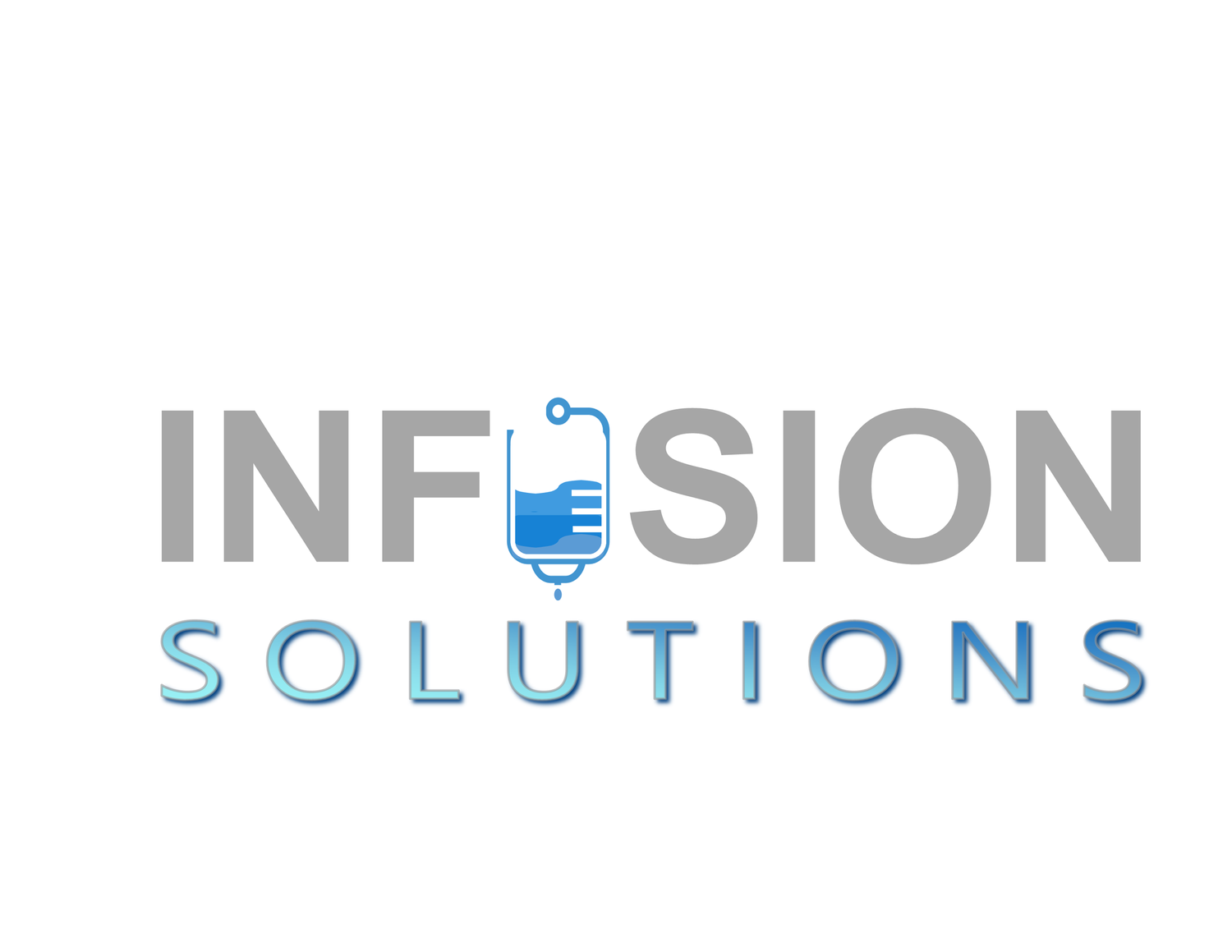What Is a Medical Infusion?
What You Need to Know Before Your First Treatment
If you have been advised that your illness will require a medical infusion, your first thought may be: “what is a medical infusion?” While it may sound intimidating, the good news is you’ve probably seen someone receiving a medical infusion before, whether in real life or on television. This post covers medical infusion basics to help familiarize you with what’s ahead.
What Is a Medical Infusion?
A medical infusion is an alternative to oral medical treatment whereby medicine is injected directly into a vein in a patient’s arm. Infusion therapy is another term for medical infusion that allows for efficient treatment of chronic illnesses through intravenous medication.
Also known as IV therapy, a medical infusion delivers medicine, antibiotics, and/or hydration directly into the bloodstream, facilitating a higher absorption rate and faster relief. The needle is attached to a small tube that is connected to an intravenous (IV) bag containing the patient’s prescribed medication. Once the IV is attached to the patient’s arm, the medication is slowly dripped into the bloodstream.
Medical infusion is most often used for patients for whom taking oral medication has become difficult or uncomfortable or whose stomach acids have rendered oral medications ineffective.
What Illnesses Does Medical Infusion Treat?
Medical infusion is used to treat many severe or chronic conditions, such as:
Crohn’s disease
Ulcerative colitis
Inflammatory bowel disease
Rheumatoid arthritis
Multiple sclerosis
Hyperemesis
Psoriatic arthritis
Gout
Psoriasis
Lupus
Dermatomyositis
Ankylosing spondylitis
Iron deficiency anemia
Primary immune deficiency diseases (PIDDs)
Magnesium deficiency
Opioid and alcohol dependence
What Types of Medications Are Administered Via Medical Infusion?
Medications used in infusion therapy include antibiotics, pain medication, parenteral nutrition, antifungals, antivirals, chemotherapy, and hydration. Infusion therapy is used to treat patients suffering from chronic illnesses that require rare specialty infusion medications, such as immunoglobulin, growth hormones, blood factors, corticosteroids, and inotropic heart medications.
How Long Does Infusion Therapy Take?
The duration of the patient’s infusion therapy session is dependent upon the medication being administered and the patient’s specific needs. In addition, the frequency of the infusion is dependent upon the illness being treated and the doctor’s instructions. In some cases, the infusion process lasts an hour, whereas in others, it may last 4 or more hours.
In addition to the time it takes to administer the infusion therapy, there is time required in advance to record the patient’s blood pressure, body weight, height, and temperature. After the infusion treatment is complete, patients are often asked to remain onsite for up to an hour for observation to ensure no adverse side effects result from the infusion.
How To Prepare For Infusion Therapy
First, consult with your doctor, who will provide you with detailed instructions for the hours or day leading up to your infusion. Some infusion therapy patients will need to be well hydrated prior to arrival for treatment while others may need to modify dosages of other medications. Speak with your doctor before arriving on site and keep a list of his/her instructions handy.
Second, contact us as your infusion therapy appointment date draws near. Let our health care providers know about any and all medications that you are currently taking so we can sidestep any adverse reactions between your medication and infusion. You may have questions about your medical infusion treatment process - we would be happy to answer your questions and ease any concerns you may have before your treatment begins.
Next, set yourself up for success with your schedule. If at all possible, take the full day off from work or other commitments. Your body may need time to rest after your treatment, or in the event you experience any side effects, you will be able to focus on your self-care without any distractions.
Lastly, relax your mind and body. Wear comfortable clothing to your appointment and bring along an enjoyable pastime, such as a downloaded mini-series you’re looking forward to watching or a book you’ve been anxious to read. Now that all of your questions have been answered, you can prepare your mind to focus on self-care and healing while you are receiving your infusion.
A medical infusion is an efficient way to treat chronic illnesses in the comfort of an outpatient infusion center. Infusion Solutions is ready to be your infusion center of choice in Richmond, VA. Contact us to set up your appointment today.
